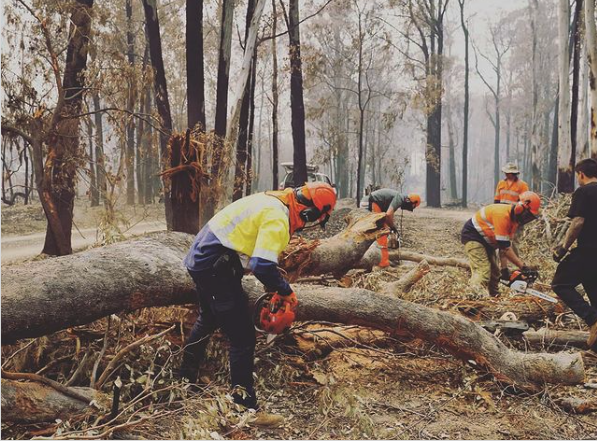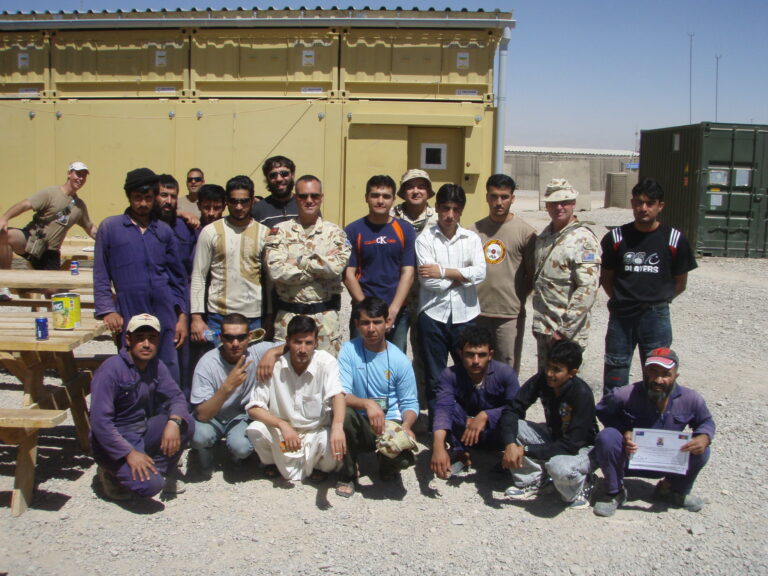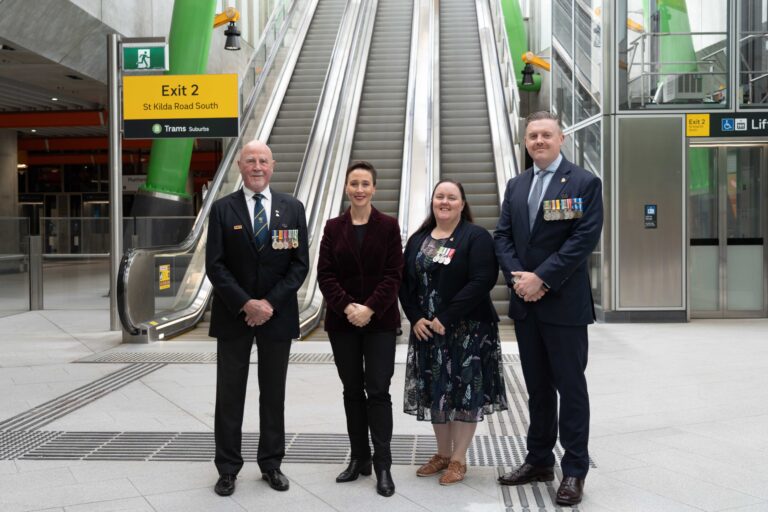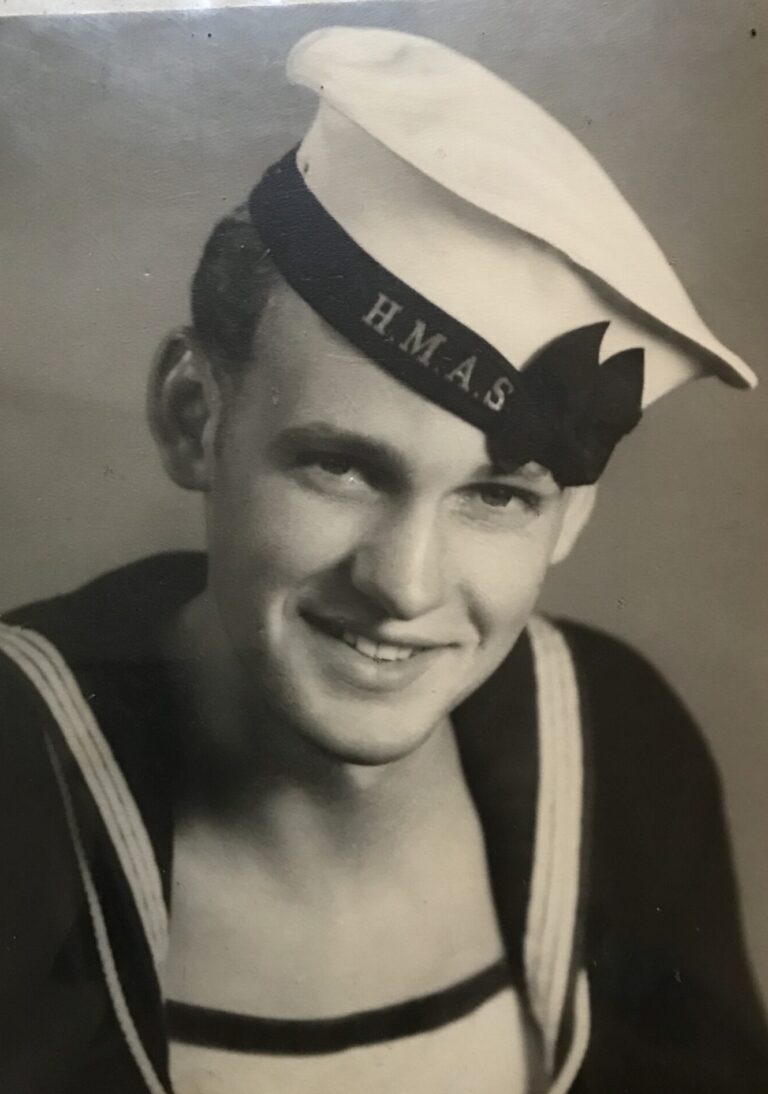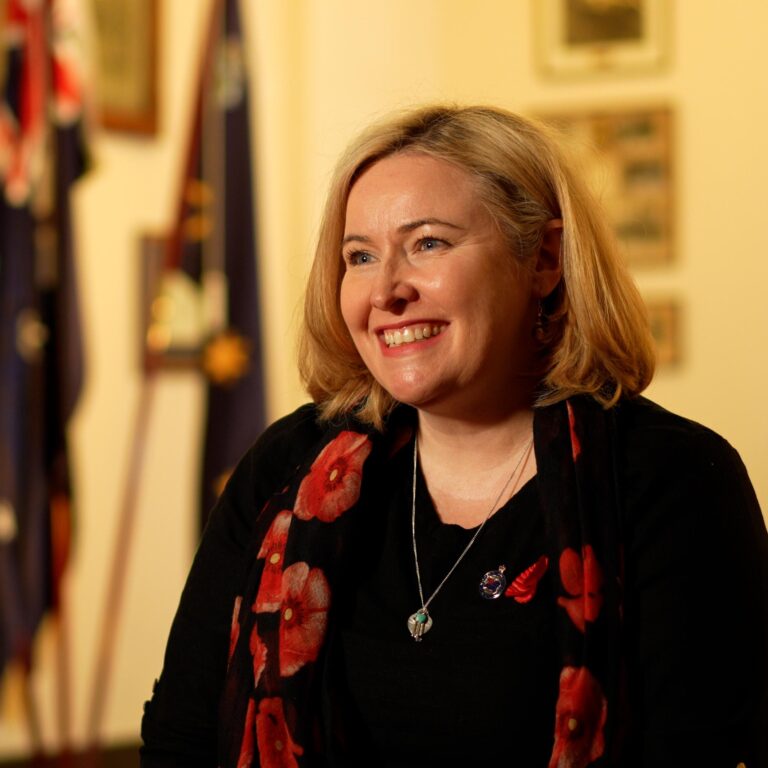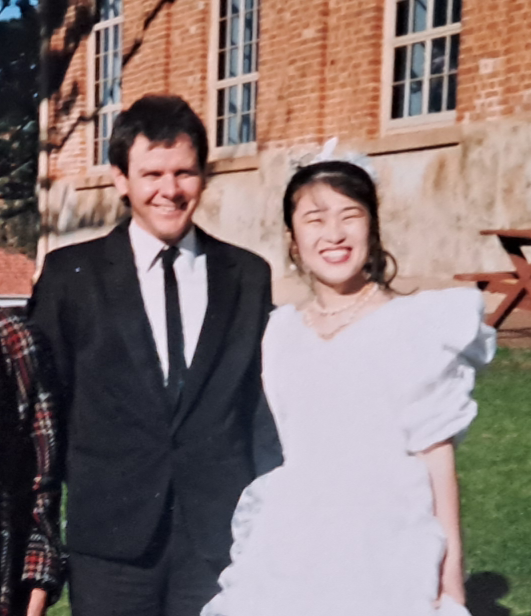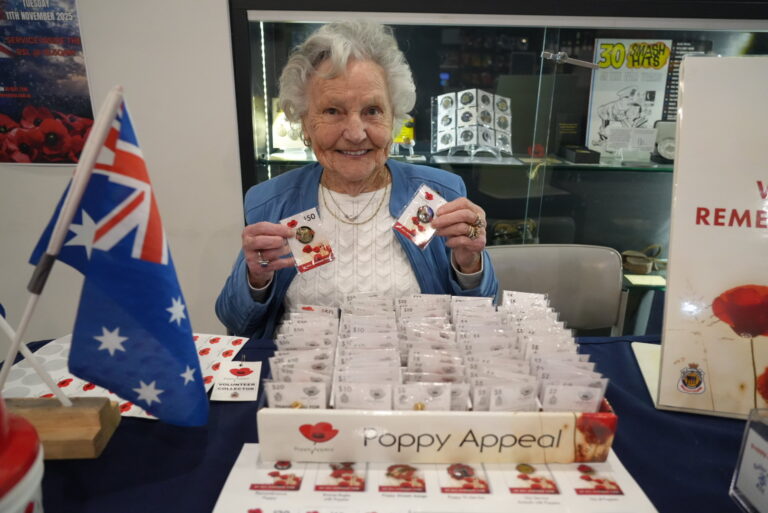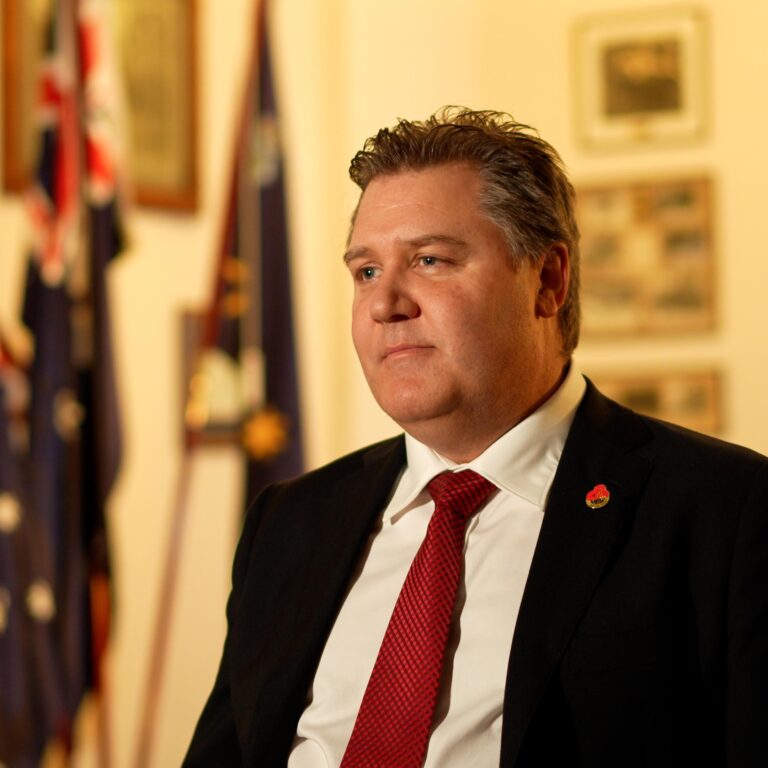RECOGNITION AND REFLECTION

Written by Aileen Phillips
26 May 2022
Photography Ernesto Arriagada
As Australia marks National Sorry Day, which remembers and acknowledges the mistreatment of Aboriginal and Torres Strait Islander people, RSL Victoria brings you the story of Yamatji man and Royal Australian Air Force (RAAF) veteran, Brett West.
“My Aboriginal origins are from Western Australia, so my traditional lands are in a place called Gutharraguda (Shark Bay).”
Brett casts his mind back.
“I developed a love for traveling. The second thing was, I have to admit, coming from a small country town, a place called Carnarvon, the only real kind of exposure that I got to aircraft was the occasional plane that came into the small airport that we had there. It fascinated me because it was different. The third thing was that my father was in the Air Training Corps, basically the Air Force Cadets of the day. So, he kind of put me on to what a career may look like in the Air Force.”
In 1987 Brett enlisted with the RAAF.
He qualified as an Armoured Technician, working with aircraft and the associated weapons systems. He went on to Weapons Engineering and a specialisation in Explosive Ordinance Disposal (EOD), or more commonly known as the bomb squad.
During his time in the RAAF, Brett worked in logistics, engineering and teaching.
His driving force was to do his job to the best of his ability and espouse the values of service, until what he calls his ‘awakening’.
“Later on in my career was when it actually morphed a little further than that and then it was actually for my Aboriginality, it was for my culture, it was for community.”
BRETT WEST

Motivated by wanting to not only serve his country but his community and people, Brett made conscious strides to hone his defence career into one that would achieve just that.
“I worked on what was known as pre-recruitment courses, so it was not just a matter of telling a story, but actually helping Aboriginal men and women. The courses were looking at providing training and cultural stewardship to participants who hadn’t quite made the mark to be able to go to a recruitment centre and get through the rigorous process that are required.”
That was the start of several Indigenous engagement roles Brett acquired throughout his defence service.
He credits his three decades of service to the variety and freshness of the work.
“I was involved in what’s now known as Border Force, it used to be known as Operation Relex and Operation Resolute and I also went to the Middle East for a couple of tours.”
“Highlights [of my service] were definitely the range of roles that I was able to take. I think that’s a big strength in defence. Each service is a microcosm of general society. There aren’t many industries you can be a teacher, be an engineer, a logistician and not leave your employer!”
BRETT WEST
When the time came for Brett to transition out, it was as many service men and women experience, fraught with complexities and challenges.
Maybe less mentally prepared for his career change, Brett had always assumed the military would be his life-long career, followed by retirement.

But it wasn’t to be.
He describes his transition out of service in 2017 as daunting.
“I found it a really alienating process. First and foremost, you’re used to that structure around you. The whole thing of getting out or discharging but also to finding another role was up to me.”
He says it took time to come to terms with his civilian life.
“I have to admit there was always this pining for what if, did I make the right decision, should I have gotten out?”
BRETT WEST
His own experiences inspiring him to want to see transition programs with a focus on getting skills back to the areas that could really benefit.
“I think for me that was the thing that I went, ‘wow’, this is the reason we need to look at transition because the wonderful kind of skills that we can build in people.”
“What a wonderful thing it would be if we could work on a transition for Indigenous people so that they can take the skills gained in service back to their communities, Aboriginal communities, especially back on country and be able to give back to communities.”
BRETT WEST
In many ways, Brett’s varied experiences serve as a reminder that unique skill sets gained in service can be translated into the civilian world.
“If you asked me while I was still serving if I would use a certain skill when I get out, I would have said never in a million years. A good example is EOD[JA1] . If you’re over this thing that’s about to blow up, you need to think of every scenario because the result can be fatal. In the management and executive roles that I’m now lucky to fill, that ability to think outside the box, or think laterally is second nature to me.”
Brett continues to make his mark across many fields in the civilian world, with his primary focus on his contribution to the betterment of outcomes for Aboriginal and Torres Strait Islanders.
Brett now works for the Victoria Department of Education and Training in the Koorie Outcomes Division.
“The Koorie Outcomes Division looks at improving outcomes for Aboriginal and Torres Straight Islander students. The beauty of my portfolio is that it is concentrated on the higher education area. It is 100% about improving outcomes for that community.”
BRETT WEST
Similarly, Brett is also generously providing his time to the RSL, as part of its process to improve the lives of Aboriginal and Torres Strait Islander veterans.
As Brett stands at RSL Victoria’s head office in Melbourne, Brett watches on as the Aboriginal Flag is raised to half-mast in recognition of National Sorry Day.
“My thoughts always first and foremost go to those that were affected by what’s termed as the Stolen Generation. It always breaks my heart.”
Brett serves on RSL Victoria’s Veteran Review Committee and on the Reconciliation Action Plan (RAP) Working Group. With the support of members like Brett, and many of the staff, RSL Victoria is working to implement a RAP. RSL Victoria looks forward to a full endorsement from Reconciliation Australia to publish our Reflect Reconciliation Action plan in early 2023.





